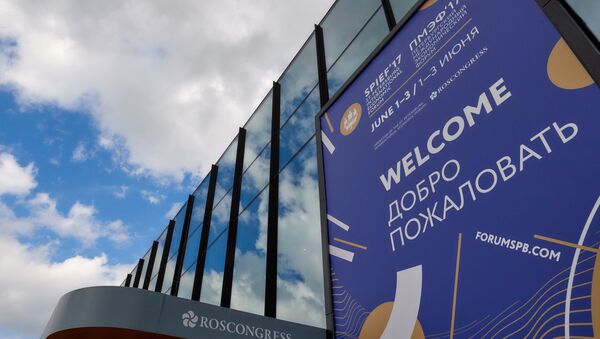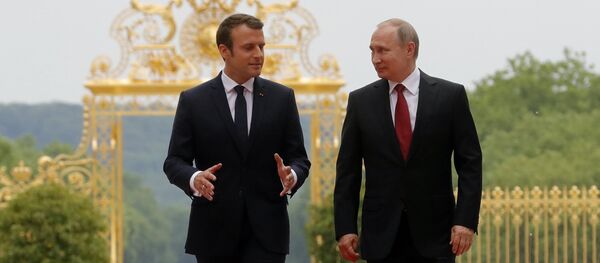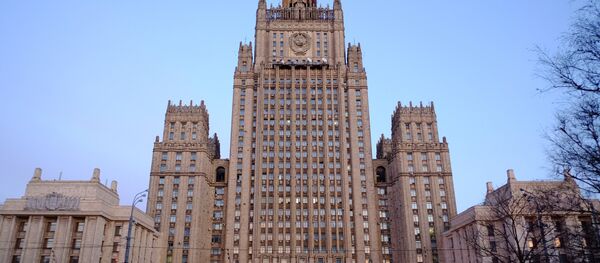ST PETERSBURG (Sputnik) – SPIEF, held in Russia's second largest city of St. Petersburg between Thursday and Saturday, is a major global platform for communication between business representatives and discussion of crucial economic issues. Rossiya Segodnya International Information Agency is the official media partner of the forum.
"We are concentrating on what is happening in our economy, on structural changes in the economy. What is happening inside of Russia is much more important for us than [what happens] on the outside," Oreshkin told Bloomberg TV on the sidelines of the St. Petersburg International Economic Forum (SPIEF) when asked about the idea of US senators to expand sanctions.
New possible Group of Seven (G7) sanctions are unlikely to significantly influence the Russian economy, which has learned to go without Western financing, Maxim Oreshkin also told Sputnik.
"It will already have a weak influence because what we have achieved in the last two or three years, we now fully rely on our own strength. We can now do without Western financing and can live without external sources," Oreshkin said.
Speaking at the St. Petersburg International Economic Forum (SPIEF), the minister said the G7 "can discuss new sanctions all they want, we must concentrate on solving our internal problems."
The United States, the European Union and several other countries introduced several rounds of sanctions against since 2014 in response to Moscow's alleged meddling in the conflict in Ukraine. Moscow has repeatedly denied interference in the conflict in eastern Ukraine.
The Donbass conflict erupted in April 2014 as a local counter-reaction to the West-sponsored Maidan coup in Kiev that had toppled President Viktor Yanukovych in February. Residents of the Donetsk and Lugansk regions held independence referendums and proclaimed the People's Republics of Donetsk and Lugansk. Kiev has since been conducting a military operation, encountering stiff local resistance.
In February 2015, Kiev forces and Donbass independence supporters signed a peace agreement in the Belarusian capital of Minsk. The deal stipulates a full ceasefire, weapons withdrawal from the line of contact in Donbass, as well as constitutional reforms that would give a special status to the Donetsk and Lugansk People's Republics. Despite the agreement brokered by the Normandy Four states (Russia, France, Germany and Ukraine), the ceasefire regime is regularly violated, with both sides accusing each other of multiple breaches, undermining the terms of the accord.





